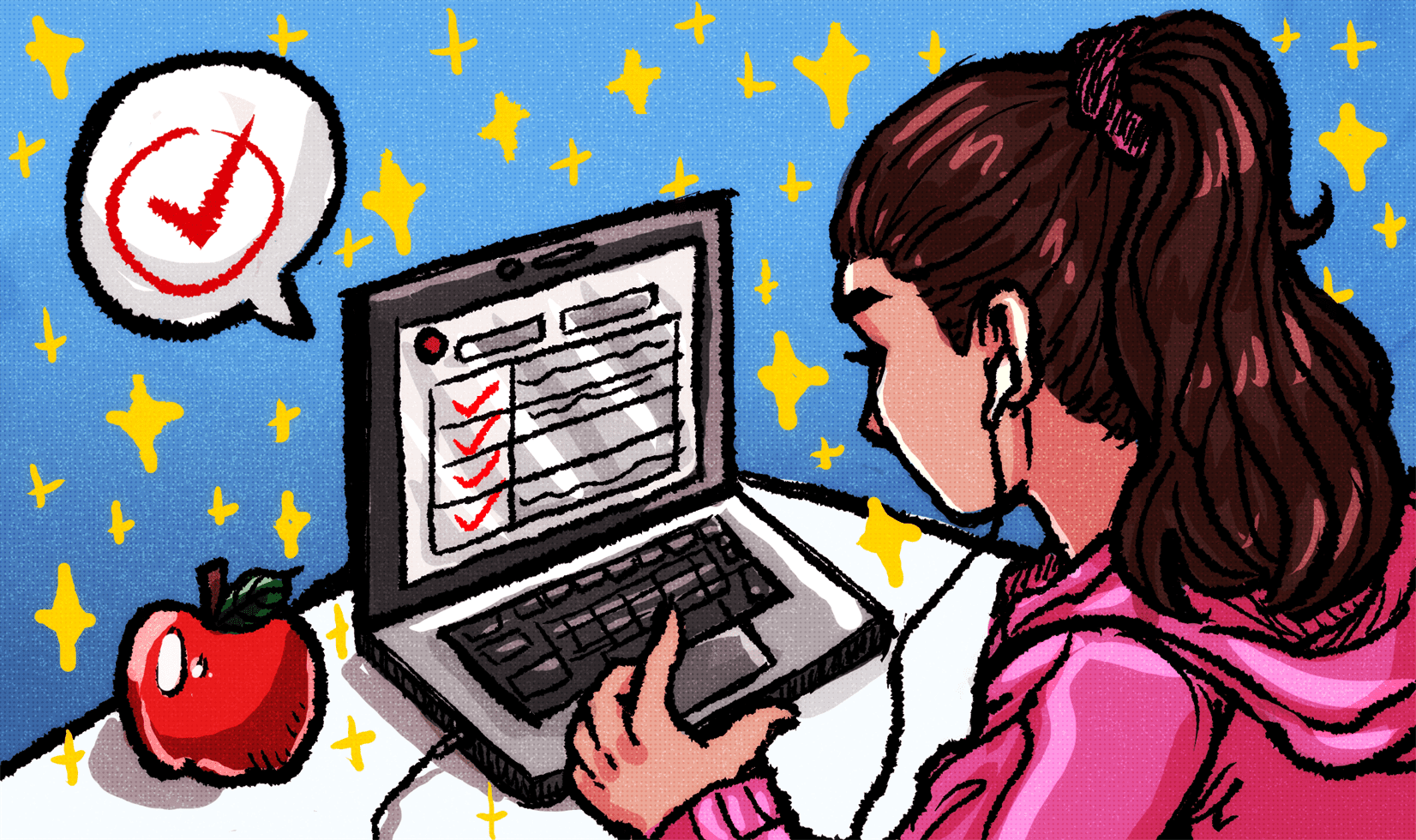As an incoming freshman to a four-year university an hour away from my small town in Warren County, I was petrified. My education at a K-8 school was simpler than most. After beginning high school, I began to struggle with my academics.
While I still managed to be in honors classes, have a 3.4 GPA and be enrolled in difficult classes like business law, I was constantly anxious about the workload I would endure at college. Being diagnosed with ADHD, I usually have to put forth more effort than my peers at understanding and remembering material.
After committing to Montclair State University as a political science major on a path to becoming a civil rights attorney, I took a hard look into what and who I wanted to be. As much as I love starting, and finishing, arguments, I just didn’t want to put myself in such a stagnant position with virtually no flexibility in what I can do or create.
Being a lawyer requires no creativity whatsoever unless you need to prove your client’s innocence by saying something like “the glove doesn’t fit,” despite said client fleeing from police with $9,000 cash while wearing a fake goatee and having the victim’s blood on his socks. Now that’s what I call out-of-the-box thinking.
I decided to take a chance on myself and follow my true dream of becoming a screenwriter for sitcoms, late-night television and movies. In this field, my creativity could flourish and my possibilities would be endless.
On my first day of classes, I attended my college writing course. I thought this class was only going to be about learning the technicalities of professional writing, but that wasn’t the case.
Our professor told us the kinds of writing we would be doing and how we would be graded, which involved a system called labor-based grading. With this system, as long as you turn in your work on time and do the assignments, you will receive a high grade. The workload consists of assignments such as writing discussion posts or drafting an essay.
At that moment, I don’t think I had ever been so relieved in my life. I used to be obsessed with getting the best possible grade for my essays. Now, I didn’t have to worry about the technicalities of writing a professional paper — I could simply write as myself.
Most people would probably think grading solely based on participation and just turning in the work would be a gateway for students being lazy in their writing, but for me, it’s the complete opposite.
Without having to worry about getting a perfect grade, I worked harder on my writing than ever before. Finally, I could write in an individualistic style on a topic I was passionate about.
Having so few limitations on what I could put on paper really helped me find a voice. I experimented with turning literacy narratives and rhetorical analyses into my own comedy routine.
Not all of my writing was jokes, but I learned my tone of voice can be quite humorous.
“Just like your last piece, this one has a great voice,” my professor said. “I really could read nearly anything in this colloquial, funny, energetic voice.”
I genuinely feel if he didn’t implement this innovative grading system, I wouldn’t even dare to find a writing style that fits me. I would be too focused on the technicalities and end up with a paper that would probably put my professor to sleep.
My absolute favorite writing crime is sentence fragments. I can’t get enough of them, mostly because when I write, I write as if I’m speaking to a crowd and I want to sound as interesting as possible. Interesting humans don’t speak in MLA formatting unless they’re Mark Zuckerberg, and his status as “human” is debatable, in my opinion.
My experience with labor-based grading has opened my eyes to what my college education can give me. So far, it has made me a risk-taker and an exponentially better writer than I was last year.
If you’re a professor and don’t want to bash your head against the wall from reading the most monotonous collection of essays ever, take a chance on your students and let them explore the possibilities of their own writing.
You might just be surprised at what they can create.



